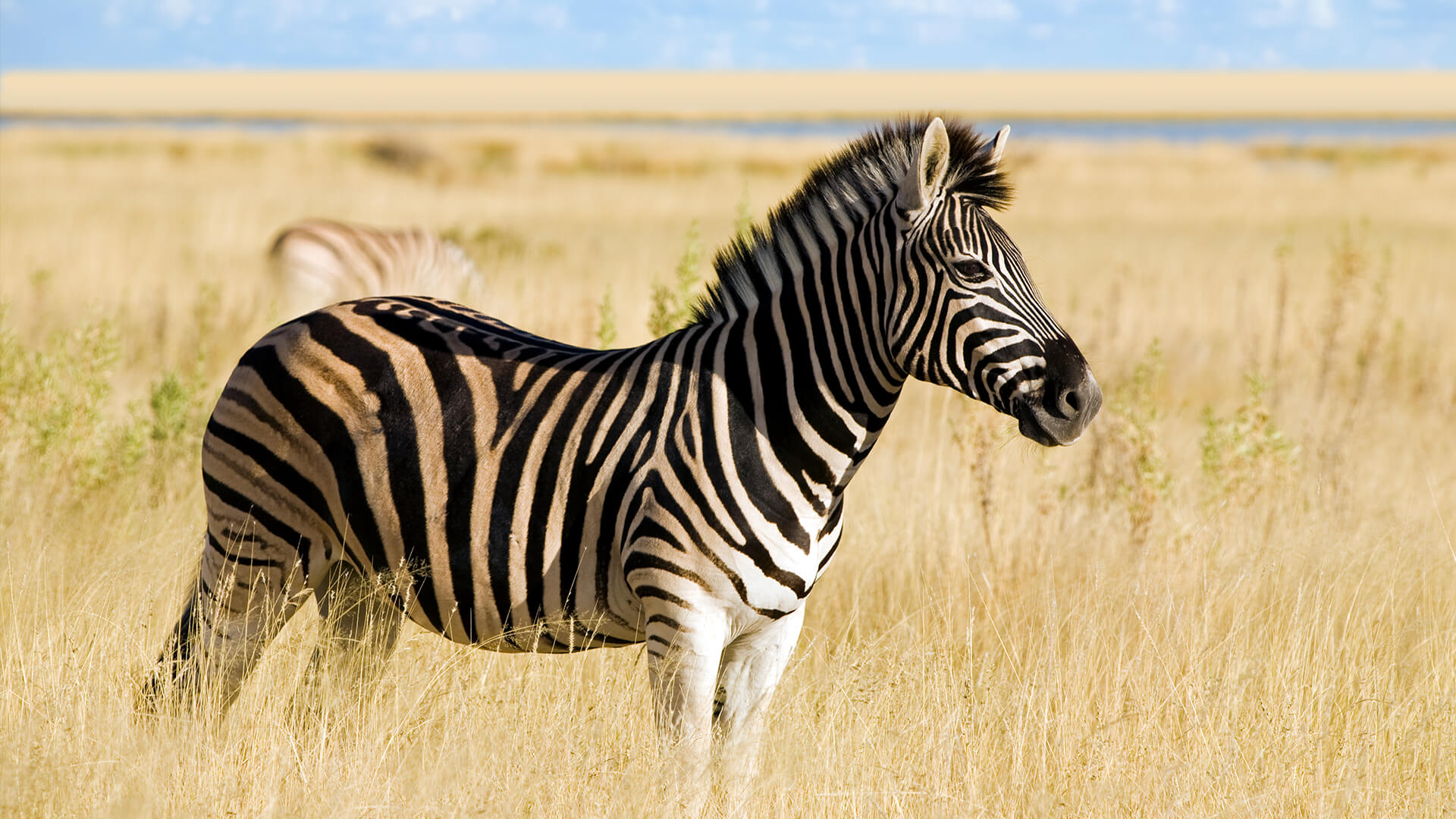Wildlife Advocacy Group Calls For Stiffer Poaching Penalties
Share

Legislators and other responsible authorities should expedite the review of the Parks and Wildlife Act with a view to stiffening penalties for wildlife poaching, particularly of elephants, the Zimbabwe Environmental Lawyers Association (ZELA) has said.
This follows the recent poaching incident involving six elephants in the Gwayi-Shangani Conservancy. The incident was reminiscent of the tragic poisoning by poachers of over 80 elephants in 2013 in the Hwange National Park, Zimbabwe’s largest game reserve.
In a statement, ZELA said the provision pertaining to the unlawful hunting of elephants or illicit removal of meat from elephants are currently accompanied by jail sentences that, regrettably, lack the necessary deterrent impact.
“The poaching crisis emerges as a formidable threat to elephants and wildlife resources both in Zimbabwe and globally. Tragically, poaching is intricately linked to illicit wildlife trade, posing a severe danger to the survival of the iconic species,” ZELA said.
“Specifically, in cases of hunting offences of species not classified as specially protected, within various categorized protected areas, the penalties prescribed consist of either a fine, imprisonment not exceeding two years, or a combination of both a fine and imprisonment.
“This leniency raises concerns about the effectiveness of the existing legal framework in deterring such activities and underscores the need for a critical re-evaluation of the penalties associated with these offences,” said ZELA.
According to Zela, if not promptly addressed, widespread poaching could result in a significant decline of elephant populations, pushing these iconic majestic creatures to the brink of extinction.
“The incident underscores the persistent activities of poaching within Zimbabwe, indicating an ongoing and pressing issue that demands immediate attention. This further underscores the urgent requirement for the country to promptly develop and implement comprehensive wildlife legal instruments that are robust enough to effectively combat and deter the poaching of wildlife resources,” said ZELA.
It said significant elephant populations have become an attractive target for wildlife crime syndicates, making the country a potential poaching target.
ZELA added that the fight against poaching demands resilience and collaboration from all stakeholders interested in protecting elephants and all wildlife resources in Zimbabwe.
“A flourishing elephant population holds environmental/ecological, economic and social benefits for Zimbabwe. ZELA recognizes the pivotal role played by law enforcement agents, in combating poaching and wildlife crimes, and we understand that their efforts alone cannot eradicate poaching,” it said.
“The fight against poaching demands resilience and collaboration from all stakeholders interested in protecting elephants and all wildlife resources in Zimbabwe. We acknowledge that communities serve as the primary line of defense against poaching and wildlife crimes,” said ZELA.
It said the fight against poaching demanded that it be carried out on multiple fronts by different actors, who must embrace digital technology.
“We call upon these actors to innovate around use of digital technology for establishing mechanisms for community wildlife crime monitoring, reporting and follow-up. The pivotal role of technology in combating wildlife crime cannot be overstated. We earnestly urge the government and other developmental partners in the sector to increase investments in cutting-edge technology.
Such advancements will significantly enhance the monitoring of animal movements and the early detection of wildlife crimes,” ZELA said.
New Ziana









